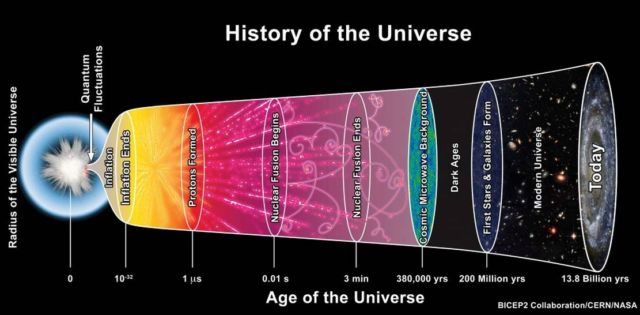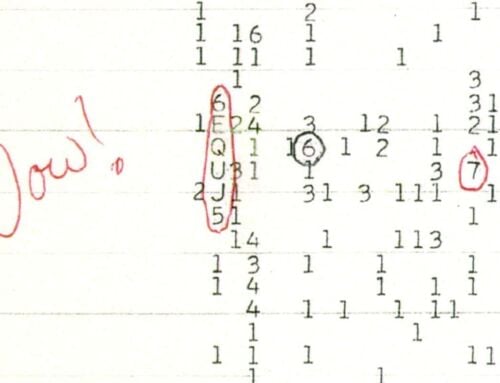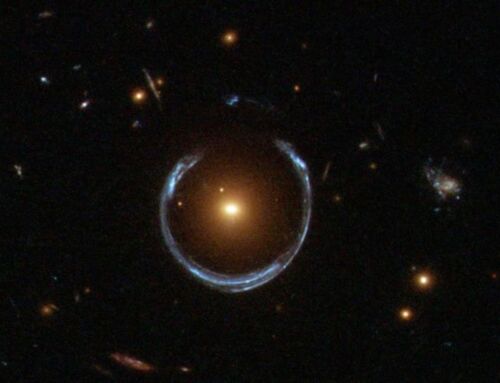A group of astronomers led by University of California, Davis has obtained new data that suggest the Universe is expanding more rapidly than previously thought.
The study comes on the heels of a hot debate over just how fast the universe is ballooning; measurements thus far are in disagreement.
The team’s new measurement of the Hubble Constant, or the expansion rate of the universe, involved a different method. They used NASA’s Hubble Space Telescope (HST) in combination with W. M. Keck Observatory’s Adaptive Optics (AO) system to observe three gravitationally-lensed systems. This is the first time ground-based AO technology has been used to obtain the Hubble Constant.
“When I first started working on this problem more than 20 years ago, the available instrumentation limited the amount of useful data that you could get out of the observations,” says co-author Chris Fassnacht, Professor of Physics at UC Davis. “In this project, we are using Keck Observatory’s AO for the first time in the full analysis. I have felt for many years that AO observations could contribute a lot to this effort.”
Multiple lensed quasar images of HE0435-1223 (left), PG1115+ 080 (center), and RXJ1131-1231 (right). Image credit: G. Chen, C. Fassnacht, UC Davis
To rule out any bias, the team conducted a blind analysis; during the processing, they kept the final answer hidden from even themselves until they were convinced that they had addressed as many possible sources of error as they could think of. This prevented them from making any adjustments to get to the “correct” value, avoiding confirmation bias.
“When we thought that we had taken care of all possible problems with the analysis, we unblind the answer with the rule that we have to publish whatever value that we find, even if it’s crazy. It’s always a tense and exciting moment,” says lead author Geoff Chen, a graduate student at the UC Davis Physics Department.
The team’s results are published in the latest online issue of the Monthly Notices of the Royal Astronomical Society.
source Keck Observatory







Leave A Comment